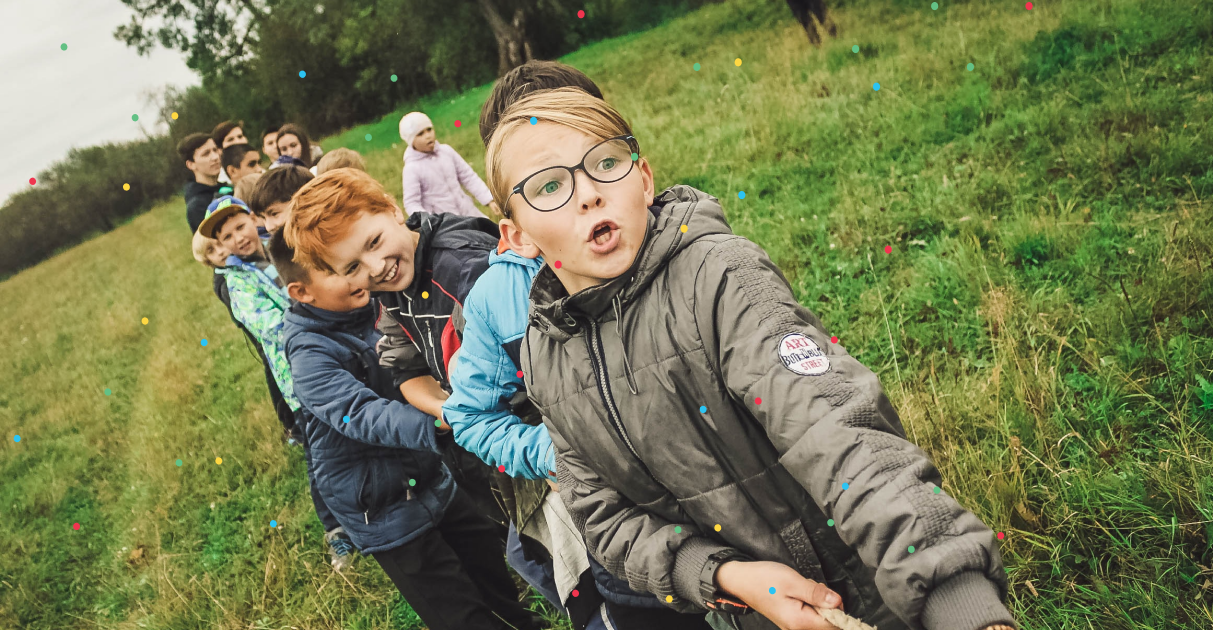Soft skills are essential for success in the workplace. They can help you increase productivity, foster better working relationships and build trust between yourself and your co-workers. Having strong soft skills can also boost your confidence and make it easier to handle difficult tasks or transitions. Examples of some key soft skills include communication, problem-solving, creativity, resilience and of course, teamwork!
Communication is a critical part of any successful business relationship. Being able to effectively communicate with colleagues will ensure that everyone understands their roles and responsibilities within the team. It’s also important to be respectful when communicating with others as this will create an environment of mutual respect among members of the team
Problem solving is another important skill in the workplace. Being able to identify problems, devise solutions and implement them effectively is essential for any successful business. Problem-solving skills involve being able to analyse the problem from multiple angles and come up with creative solutions that are practical and realistic.
But arguably the most important soft skill is teamwork. It is an essential part of any successful workplace. Working together as a team allows you to combine different skills and perspectives in order to achieve a greater goal. This is especially important for larger projects or tasks that require collaboration between multiple people. Working together as a team helps build trust and ensures everyone is working towards the same goal.
But teamwork can look different between businesses, industries, and even people.
Why is teamwork so important?
Teamwork is critical in any organisation, and it’s important to understand why. Not only does it help employees feel connected to their colleagues, but it also increases productivity, communication, and collaboration. Working together effectively as a team results in better decision-making, innovation, problem-solving skills and effective conflict resolution.
Teamwork can also help reduce stress levels by sharing responsibility among members of the team. In addition, having a unified goal encourages cooperation, trust and respect between teammates. It can even help build morale and camaraderie within the workplace which can lead to increased job satisfaction and motivation for everyone involved.
Why do some people struggle with teamwork?
Unfortunately, despite its many benefits, some people still struggle with working in teams. This could be down to a range of issues such as a lack of trust and communication between team members, difficulty in understanding their individual roles, or feeling frustrated when they are not able to use their skills effectively. It can also be difficult for someone who is used to working independently and having full control over their own tasks. Even so, everyone needs to learn how to work collaboratively if they are going to succeed professionally.
What does teamwork mean to you?
Teamwork can mean different things to each person because everyone brings their own set of skills and experiences to the table. Some people may see teamwork as a way to build relationships and collaborate, while others may view it as an opportunity for problem-solving or learning new skills.
Teamwork is versatile and can be tailored to fit any situation or goal. The key is finding ways to use team dynamics in order to bring out the best in every individual, no matter what skill level they are at. With the right attitude and communication, teams can become highly productive and successful when working together. By recognising everyone’s strengths and weaknesses, it is possible to create a strong team that can take on any challenge.
Ultimately, successful teamwork can mean achieving great things together and helping each other to grow. It is all about finding a way to use the combined skills of each individual in order to reach new heights. With a clear understanding of what teamwork means to each person, teams can work together harmoniously and create something truly special.
Whole Brain® Thinking and Teamwork
The workplace is a collaboration of all the different Thinking Styles™, and there’s no one size fits all approach when it comes to motivating and developing your teams.
Understanding your employee’s thinking styles allows you to build an inclusive and collaborative team environment. Team effectiveness programs can be crucial in not just improving the effectiveness of your current teams, but also allowing you to identify new teams that could work together with great efficiency.
With Whole Brain® Thinking and the HBDI® at the centre of it all, employers can get to the heart of how to create, retain and build high-performing and effective teams.
Investing in team effectiveness may help your organisation:
- Increase efficiency and effectiveness
- Boost employee job satisfaction
- Improve employee retention
Many businesses try to implement team effectiveness initiatives in their workplace. But without the right tools and support for these initiatives, they often end up lacking any real value and can’t end up answering the most critical question, ‘what makes an effective team?’
At Herrmann, we empower employees and HR professionals to use Whole Brain® Thinking to ensure a real and lasting impact when forming effective teams.
Discover the following resources to improve team effectiveness in your workplace.
If you want to learn more about how Whole Brain® Thinking and the HBDI® can help you and your organisation, have a look at how it works here or get in touch and we’ll help you find the right solution.


